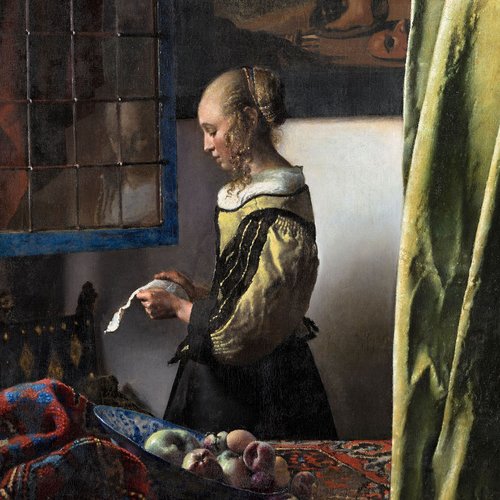Kunstgewerbemuseum launches Design Campus
18 March 2021[Translate to English:] Anmeldung für die Summer School 2021 zu „Design & Demokratie“ gestartet
Call for Applications for the 2021 Summer School on “Design & Democracy”
From this summer, Pillnitz Palace and Park will be turning into the Design Campus. The Kunstgewerbemuseum (Museum of Decorative Arts), part of Staatliche Kunstsammlungen Dresden (SKD), will be launching its Design Campus in July with a Summer School, plus international research labs and networks. This will create a forum for discussion on the most burning issues of our time and the role played by the practice and culture of design, starting out from the museum itself, its collection, its research and exhibition activities, and the SKD museum association.
A practice-oriented platform for research and development introduced by the Kunstgewerbemuseum, the Design Campus is a forward-looking interdisciplinary think tank developed by curators to address current issues relating to social change, digitalisation, the climate emergency and other crises. Design and creativity are given key roles in tackling these upcoming local and global challenges. The goal is to enter into a dialogue – with experts, with the public and with the team at the museum itself – scrutinising and rethinking the modern role of museums of the decorative arts, and revealing and amplifying design’s powerful impact on society, academia and industry.
One important pillar of this initiative will be an annual six-week Summer School for talented young people, who can book a place on one of twelve week-long workshops grappling with global issues through project work, presentations and discussions, and also focusing on future projects by the Kunstgewerbemuseum. This year’s Summer School, from 18 July to 28 August, will be dedicated to the topic of “Design and Democracy”.
The topics which will come up on the programme include investigating the mechanisms behind volunteering and participation, probing into election processes, exploring activism and the culture of protest, and learning strategies to foster solidarity. Supervised by designers, architects, curators, authors and other contributors, the Summer School participants will go on to hone the creative skills enabling them to dissect, evaluate and reshape the principles of democracy. The programme was developed with the internationally celebrated curators and design critics Amelie Klein and Vera Sacchetti, who have been invited to act as “Heads of School” in 2021.
Registration for the Summer School began on Monday, 15 March 2021. Anyone can apply who has an inquisitive mind and a burning desire to change the world with design. There are opportunities to apply for scholarships or discounts. Special emphasis is placed on diversity and inclusion. The working language is English.
Six workshop scholarships will also be awarded as part of the German Design Graduates Initiative. Click here to go to the voting: https://germandesigngraduates.com/public-voting-designcampus/.
Further information on the project and those involved, as well as on registration and the newsletter can be found at www.designcampus.org.
Thomas A. Geisler, director of the Kunstgewerbemuseum: “Almost 150 years after the Kunstgewerbemuseum was founded, in 1876, the Design Campus is bringing it back to its roots as a collection for teaching and education. Back then, the concept behind its foundation was a reaction to the upheavals of industrialisation; now it is being given a 21st-century revamp to address the social transformation triggered by digitalisation and climate change – as a site and school for utopian ideas.”
Amelie Klein and Vera Sacchetti, Heads of School: “There is no doubt that design has contributed in multiple ways to the lack of trust in democracy that we experience today, from poorly designed ballots that cause confusion, to social media echo chambers influencing the distribution of information, and consequently people's beliefs. In this year’s summer school we will work to question and dissect what is, and formulate and test proposals for what can be. It is high time and also our duty to redefine design’s role in democracy and to imagine alternatives to the current moment.”
